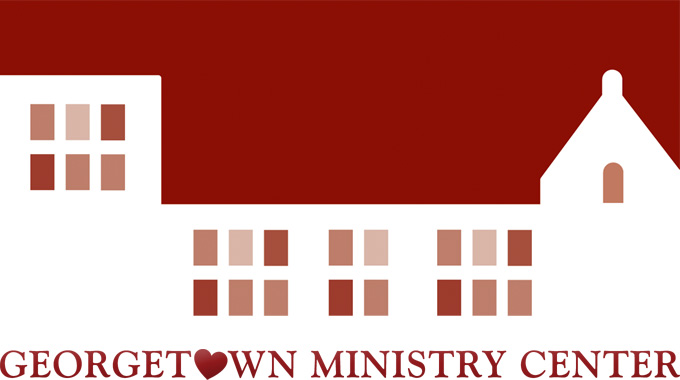After undergoing months of renovation, Georgetown Ministry Center reopened its doors on March 19 to a new and improved Drop-in Center space!
After 13 years of serving thousands of men and women experiencing homelessness in our space beneath Grace Church, our well-worn Drop-In Center was in need of repair. Our oft-used shower had a cracked floor, our hot water heater didn’t keep up with the demand in the winter, our roof leaked during heavy rainstorms and our space was often standing-room capacity only.
Working with two foundations (the Share Fund and the Arcana Foundation) and an architecture firm (Stoiber & Associates), the plans and the majority of funding for a much-needed Drop-in Center renovation project came together. A capital campaign successfully raised the remaining dollars needed for the project, which included a major mold remediation. The completed renovation has resulted in expanded square footage, a new, ADA-compliant shower, twice the number of washers and dryers and updated amenities throughout the Center.
Before the doors officially reopened on the morning of March 19, a group of GMC guests, staff and supporters gathered before the Center’s entryway. Rev. Sarah Motley of Grace Church said a prayer. GMC’s Board President, Jeremiah Cassidy, said a few words. A GMC guest cut a red ribbon tied over the threshold.
We are looking forward to better serving GMC guests in our new and improved Drop-In Center for years to come!





